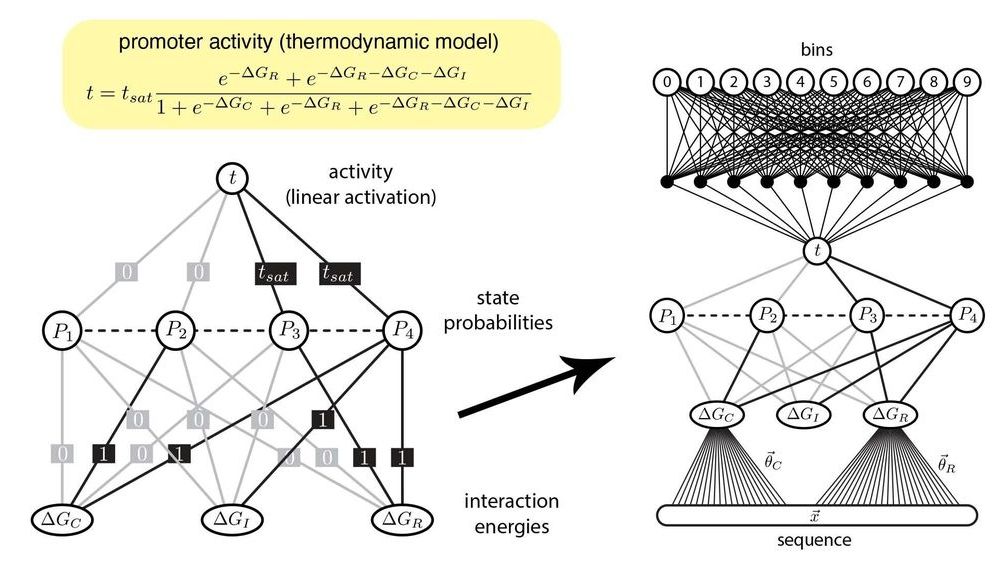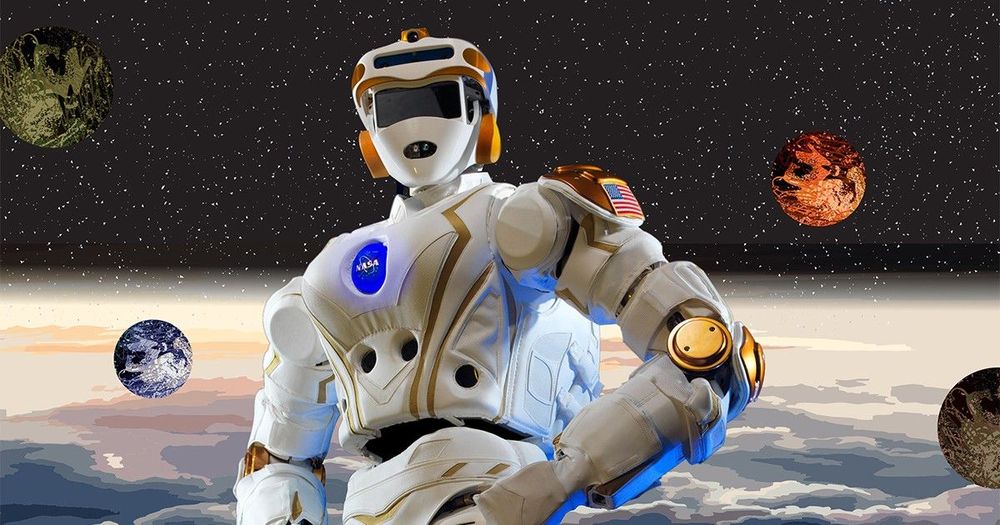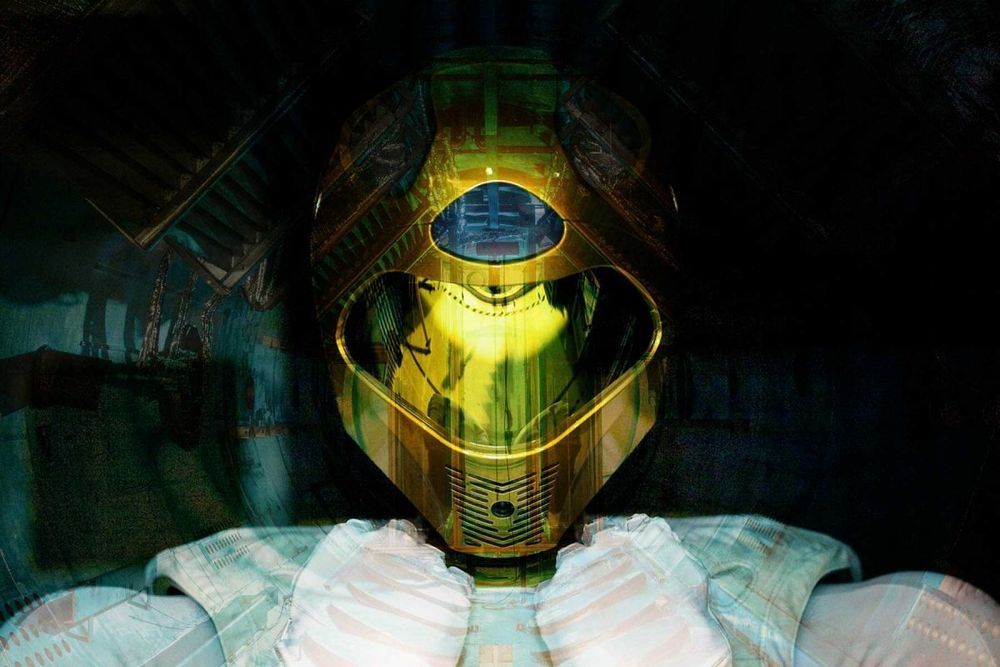To start, Volvo’s Vera will ferry goods from a logistics center to a port in Gothenburg, Sweden. But more Veras will eventually mean fewer trucking jobs.
Category: robotics/AI – Page 2,275

Finally, machine learning interprets gene regulation clearly
In this age of “big data,” artificial intelligence (AI) has become a valuable ally for scientists. Machine learning algorithms, for instance, are helping biologists make sense of the dizzying number of molecular signals that control how genes function. But as new algorithms are developed to analyze even more data, they also become more complex and more difficult to interpret. Quantitative biologists Justin B. Kinney and Ammar Tareen have a strategy to design advanced machine learning algorithms that are easier for biologists to understand.
The algorithms are a type of artificial neural network (ANN). Inspired by the way neurons connect and branch in the brain, ANNs are the computational foundations for advanced machine learning. And despite their name, ANNs are not exclusively used to study brains.
Biologists, like Tareen and Kinney, use ANNs to analyze data from an experimental method called a “massively parallel reporter assay” (MPRA) which investigates DNA. Using this data, quantitative biologists can make ANNs that predict which molecules control specific genes in a process called gene regulation.



Podcast #39: Quantum Computing, The State of The Art, featuring whurley
“As an entrepreneur I like to know the next two or three things I might start a company on. For me it was robotics, bio-hacking, and quantum.”–whurley.

The “Father of Artificial Intelligence” Says Singularity Is 30 Years Away
All evidence points to the fact that the singularity is coming (regardless of which futurist you believe).
But what difference does it make? We are talking about a difference of just 15 years. The real question is, is the singularity actually on its way?
At the World Government Summit in Dubai, I spoke with Jürgen Schmidhuber, who is the Co-Founder and Chief Scientist at AI company NNAISENSE, Director of the Swiss AI lab IDSIA, and heralded by some as the “father of artificial intelligence” to find out.
He is confident that the singularity will happen, and rather soon. Schmidhuber says it “is just 30 years away, if the trend doesn’t break, and there will be rather cheap computational devices that have as many connections as your brain but are much faster,” he said.


China dreams of becoming an AI utopia – here’s the reality
This is the fourth instalment in a four-part series examining the brewing US-China war over the development and deployment of artificial intelligence technology.
China has had success with AI and surveillance, but when it comes to social issues such as education, health care and agriculture, there is still a ways to go.
China has had success with private sector AI, but when it comes to social issues such as education, health care and agriculture, there is still some way to go to reach its goals.